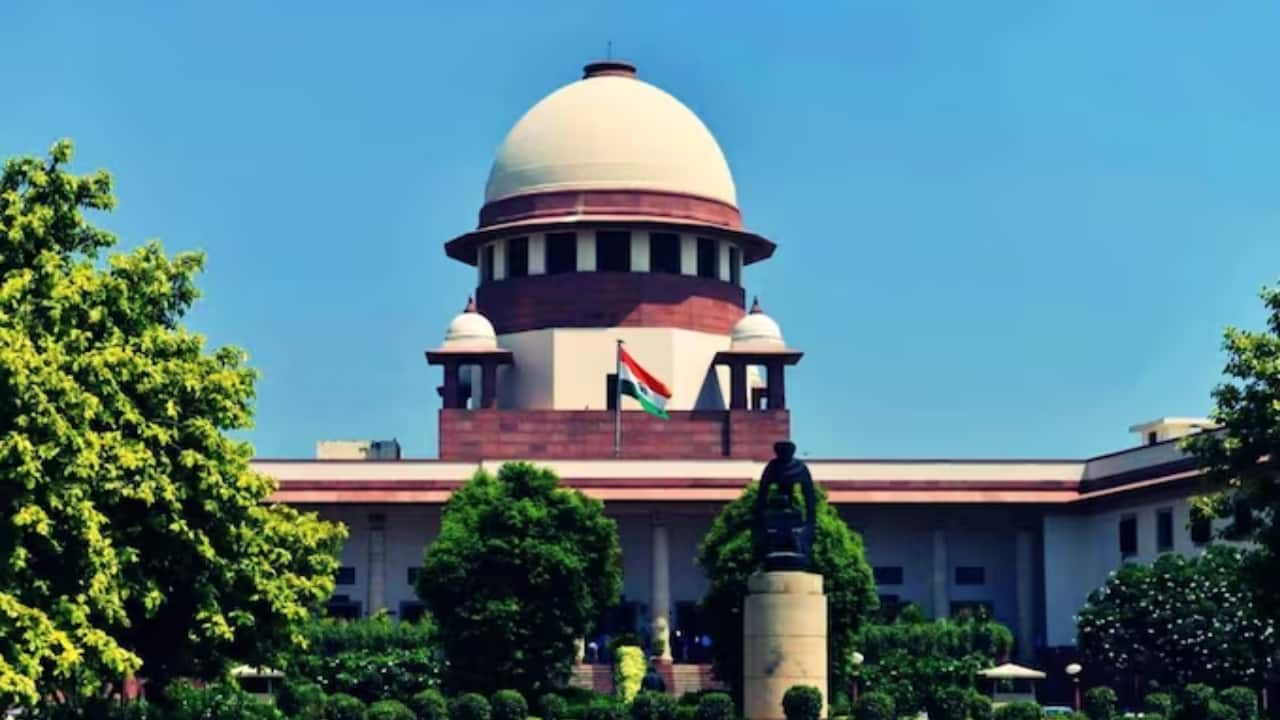 |
|
The Indian judicial system, a cornerstone of the nation's democratic framework, recently faced scrutiny following a controversial speech delivered by Justice Shekhar Kumar Yadav, a sitting judge of the Allahabad High Court. Justice Yadav's address, delivered at a Vishwa Hindu Parishad (VHP) function, sparked widespread debate and prompted the Supreme Court to intervene, seeking clarification and details from the Allahabad High Court. The core of the controversy revolves around Justice Yadav's statements regarding the governance of the nation, implying that it should be governed by the will of the majority. This assertion, coupled with other contentious remarks reportedly targeting a specific religious community, has drawn sharp criticism from various quarters, raising concerns about judicial impartiality and the potential violation of constitutional principles.
The Supreme Court's response, in requesting information from the Allahabad High Court, signifies the seriousness with which it views the matter. This action underscores the importance of maintaining public confidence in the judiciary's integrity and independence. The judiciary's credibility rests upon its ability to remain impartial and uphold the principles of equality and justice for all citizens, irrespective of their religious beliefs or background. Justice Yadav's speech, circulated widely on social media, quickly garnered significant public attention, generating strong reactions from opposition parties who characterized his remarks as hate speech. The ensuing controversy highlights the delicate balance between a judge's right to personal expression and the ethical responsibilities inherent in their public office.
Advocate Prashant Bhushan, convenor of the Campaign for Judicial Accountability and Reforms (CJAR), played a key role in escalating the issue. In a formal letter addressed to the Chief Justice of India, Bhushan urged the initiation of an internal inquiry into Justice Yadav's conduct, alleging judicial impropriety and a violation of the code of conduct for judges. Bhushan's letter specifically highlighted the allegedly discriminatory and communally charged nature of the judge's statements, asserting that they caused damage to the judiciary's reputation and undermined the rule of law. The letter further emphasized the conflict between Justice Yadav's public statements and the principles enshrined in the Indian Constitution, particularly articles 14, 21, 25, and 26, which relate to equality before the law, protection of life and personal liberty, and freedom of religion. The CJAR's concerns go beyond the specific content of the speech; they encompass the implications of a sitting judge participating in an event organized by a particular religious organization, thereby potentially compromising the perception of impartiality.
The controversy surrounding Justice Yadav's speech raises fundamental questions about the role of judges in public life and their obligation to adhere to ethical standards. While judges are entitled to hold personal opinions and beliefs, the importance of maintaining public trust and appearing neutral in their official capacity cannot be overstated. Justice Yadav’s advocacy for the Uniform Civil Code, while a matter of legitimate public debate, becomes problematic when presented within the context of a speech that also includes statements perceived as discriminatory. The juxtaposition of these topics risks undermining the perceived neutrality of the judiciary on issues with significant social and political ramifications. The Supreme Court's intervention is crucial in addressing these concerns and determining whether Justice Yadav's actions constitute a breach of judicial ethics.
The outcome of the Supreme Court's inquiry into Justice Yadav's speech will have far-reaching consequences for the Indian judiciary. A firm response from the apex court will reinforce the commitment to judicial independence and the imperative to uphold constitutional values. Conversely, a lenient response could potentially embolden similar actions in the future, thereby eroding public trust in the fairness and impartiality of the judicial system. The event underscores the need for ongoing discussion and refinement of codes of conduct for judges to address the complexities of public life in a diverse and dynamic society. The debate highlights the ongoing tension between a judge's right to free speech and the responsibility to maintain the public’s faith in the judiciary's neutrality and impartiality, a crucial aspect of a functioning democracy.
